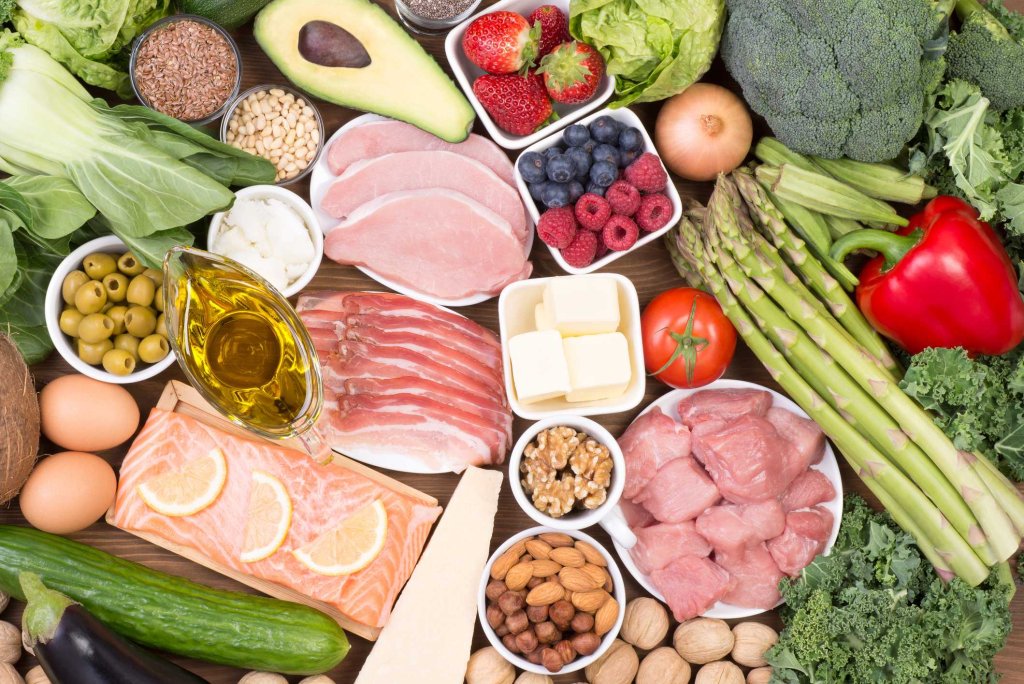Managing diabetes with a healthy diet is super important for keeping your blood sugar in check and staying healthy. If you or someone you know has diabetes, you might be wondering, which types of food should a diabetic eat? This is a big deal because the food you pick can really affect your health. Diabetes is when your body has trouble handling the sugar in your blood.
But don’t worry; with the right food choices, you can keep your blood sugar on track and lead a healthy life. We’ll look at the foods that are good for people with diabetes. We’ll explain it so you can make smart choices about what to eat. Managing diabetes isn’t about saying no to tasty food. It’s about making wise choices and finding a balance that works for you.
So, let’s find out which foods can help you manage your diabetes better while still enjoying delicious meals.
1. Carrots
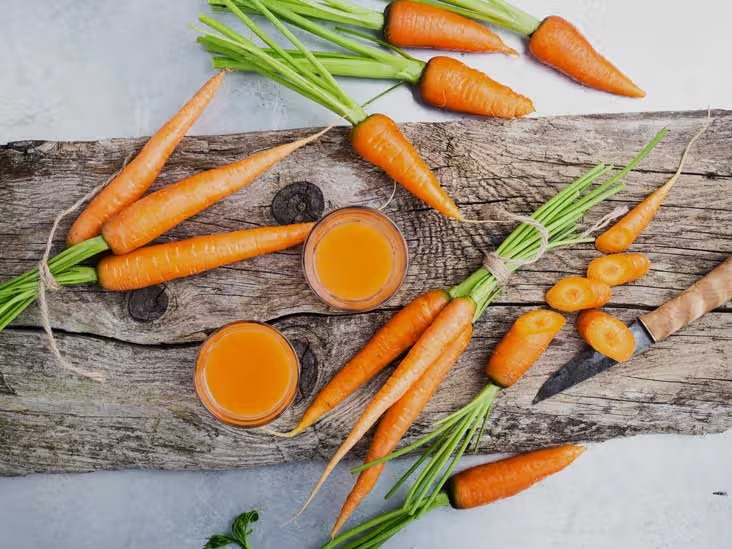
Carrots are a great option for people with diabetes. They’re packed with vitamin A and are low in calories. What’s good about them for diabetics is that they don’t make your blood sugar shoot up quickly, thanks to their low glycemic index. Carrots also have fiber, which helps control blood sugar and keeps you feeling full, so you’re less likely to snack on unhealthy stuff.
2. Oats

Oats are best for diabetes. They’re loaded with a special type of fiber called beta-glucans that can help keep your blood sugar in check. Oats have a low GI, giving you steady energy without causing sudden spikes in your blood sugar. They also have magnesium, which might help your body use insulin better.
3. Cheese
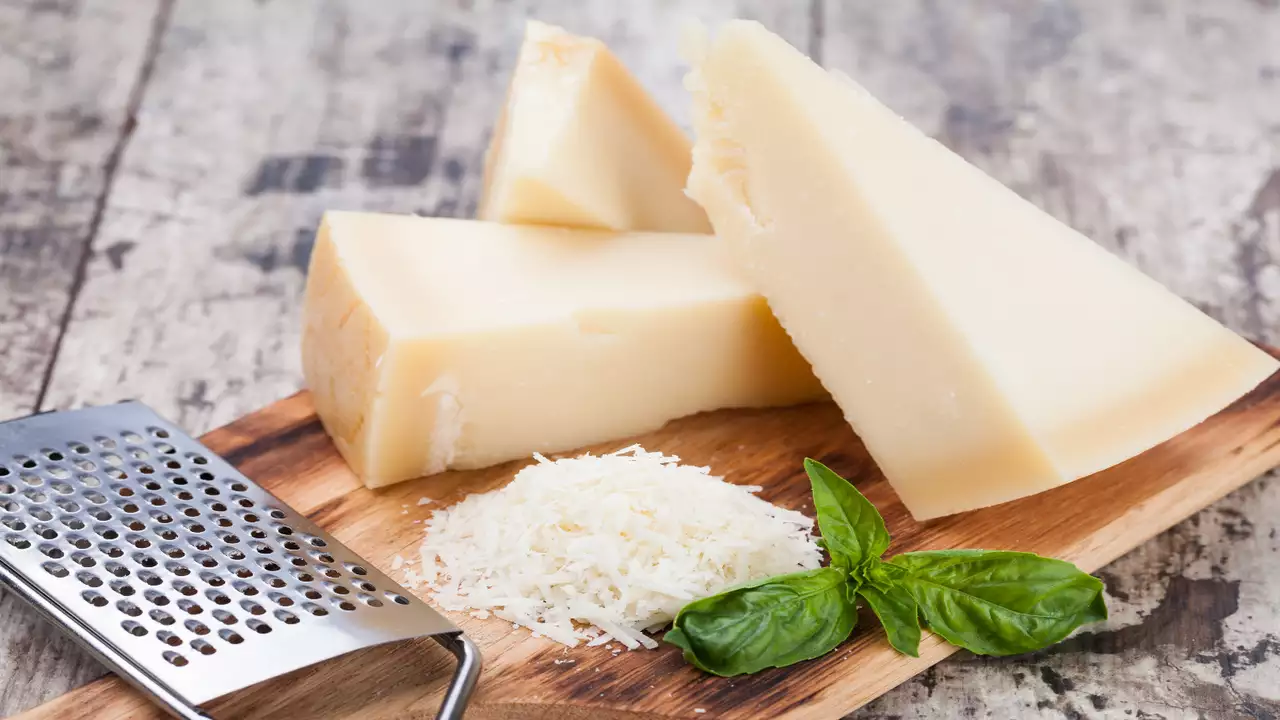
If you have diabetes, you can have some cheese, but don’t go overboard. It’s a good source of protein and calcium. Even though it’s low in carbs, you must watch how much you eat because it has many calories. Choose low-fat or reduced-fat cheese, and have it with whole-grain crackers or veggies for a balanced snack.
4. Peanuts
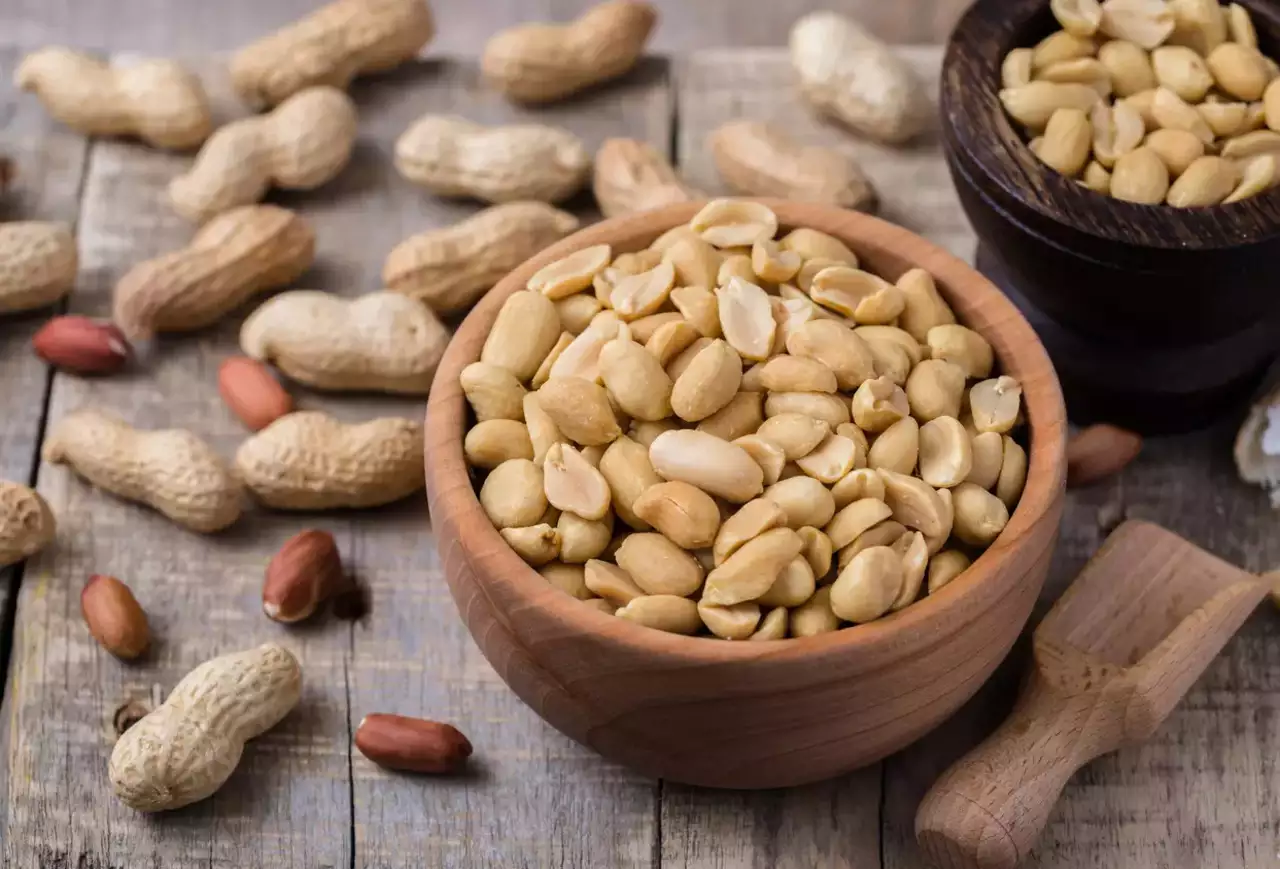
Peanuts are a smart choice if you’re watching your blood sugar. They’re high in healthy fats, protein, and fiber, which can help keep your blood sugar steady. Peanuts also give you magnesium, which might help your body use insulin better.
5. Pasta
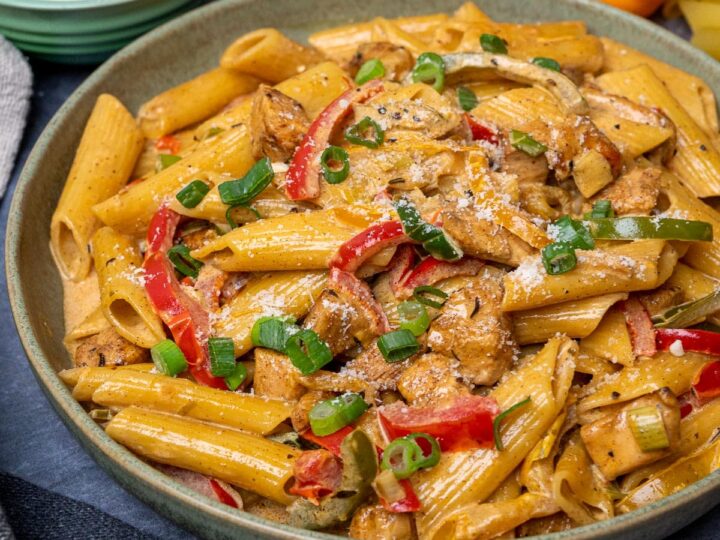
When it comes to pasta, pick whole grain over regular white pasta if you have diabetes. It’s got more fiber, which slows down the way your body breaks down carbs, so your blood sugar doesn’t start quickly. To make a meal that’s kind to your blood sugar, add plenty of non-starchy veggies and lean proteins when you cook pasta.
6. Chickpeas
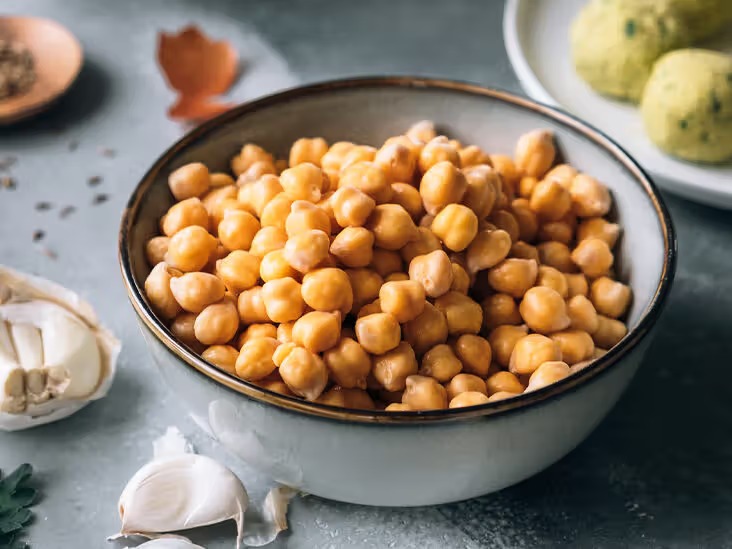
Chickpeas, also called garbanzo beans, are super for people with diabetes. They have lots of fiber and protein that can help keep your blood sugar steady and keep you feeling full. Chickpeas are also packed with vitamins and minerals, making them a healthy choice.
7. Peppers
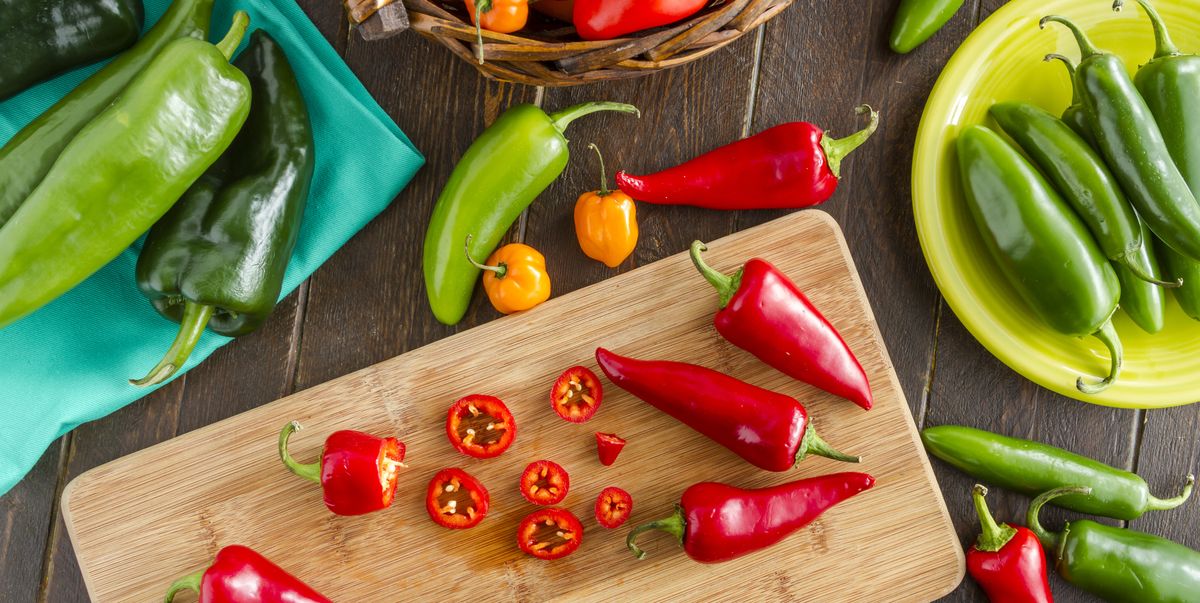
Bell peppers, whether red, green, or yellow, are low in calories and carbs, which is great for people with diabetes. They have lots of vitamins and antioxidants, especially vitamin C. Peppers can make your meals tasty and colorful without making your blood sugar rise too much. They’re perfect for salads.
8. Spinach
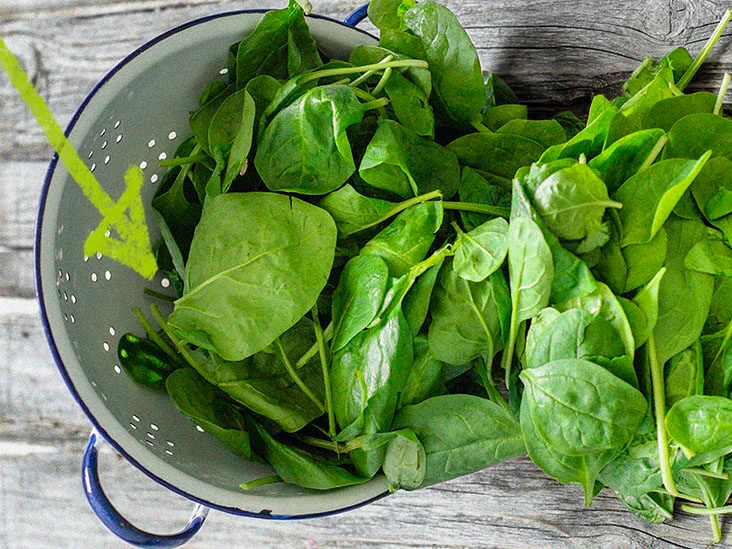
Spinach is a nutrition powerhouse and a good choice for people with diabetes. It has low carbs and calories but loads of vitamins, especially vitamin K and folate. Spinach also has antioxidants that might help your body use insulin better. You can use it in salads or omelets.
9. Brown Rice
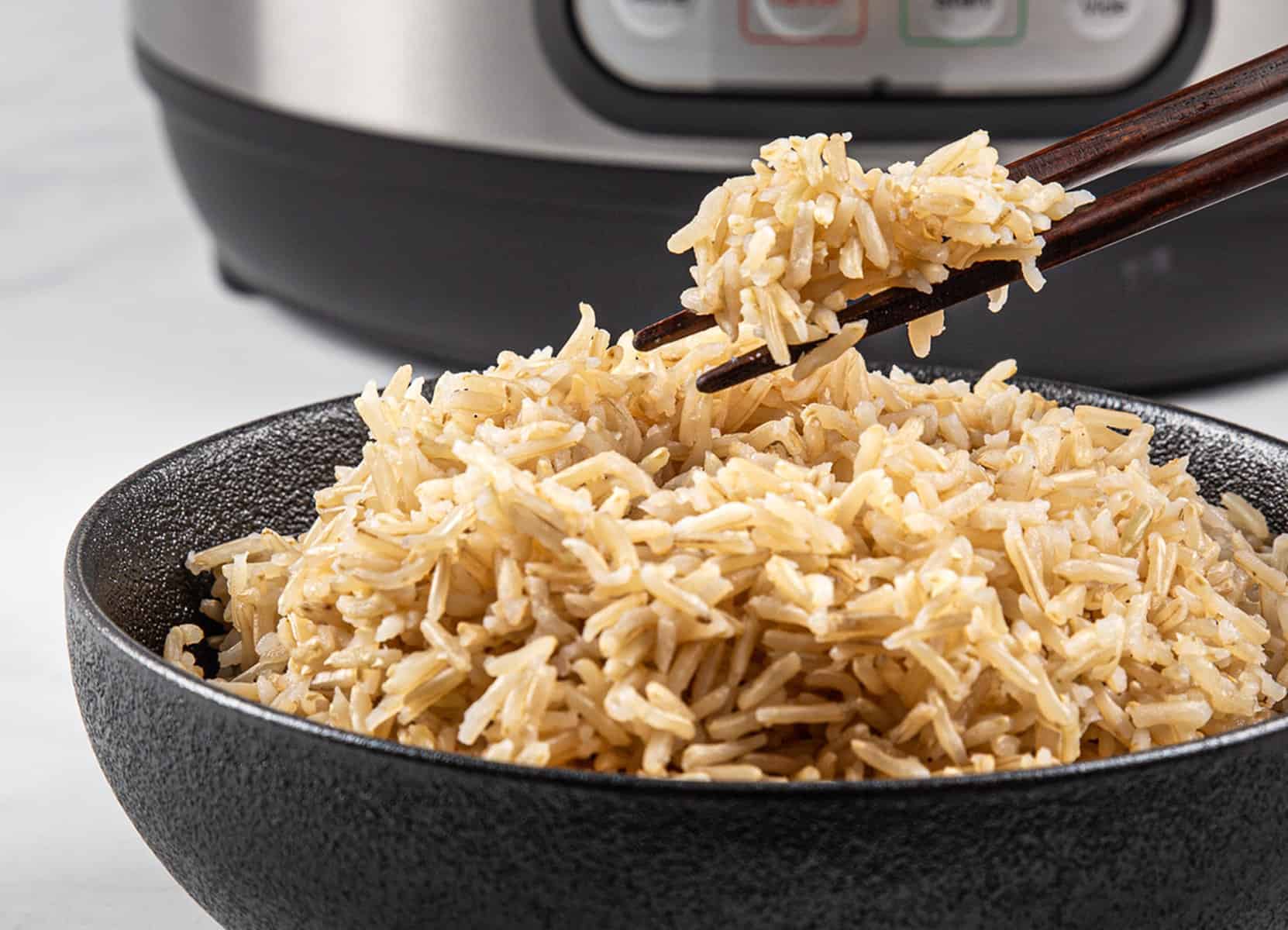
Brown rice is a whole grain that’s better for people with diabetes than white rice. It has more fiber, vitamins, and minerals than white rice. The fiber in brown rice slows down how your body absorbs carbs, so it doesn’t raise your blood sugar too quickly.
10. Potatoes
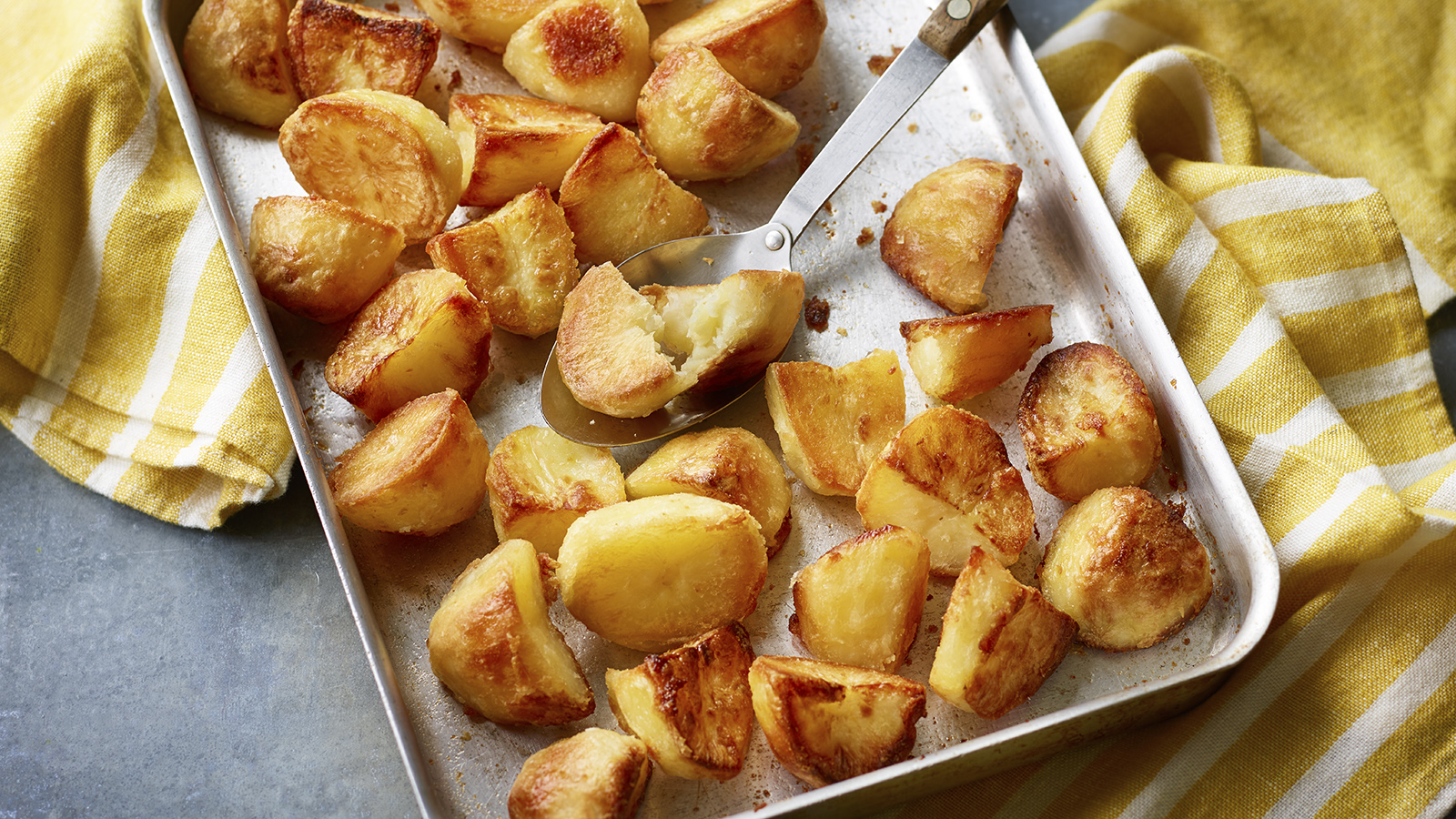
Potatoes can be a part of a diabetes-friendly diet if you eat them correctly. Go for sweet potatoes or small, boiled red potatoes since they don’t make your blood sugar high as much as regular white potatoes. These types of potatoes give you vitamin A and potassium. Just be careful about how much you eat, and avoid frying them to keep your blood sugar in check.
11. Yogurt
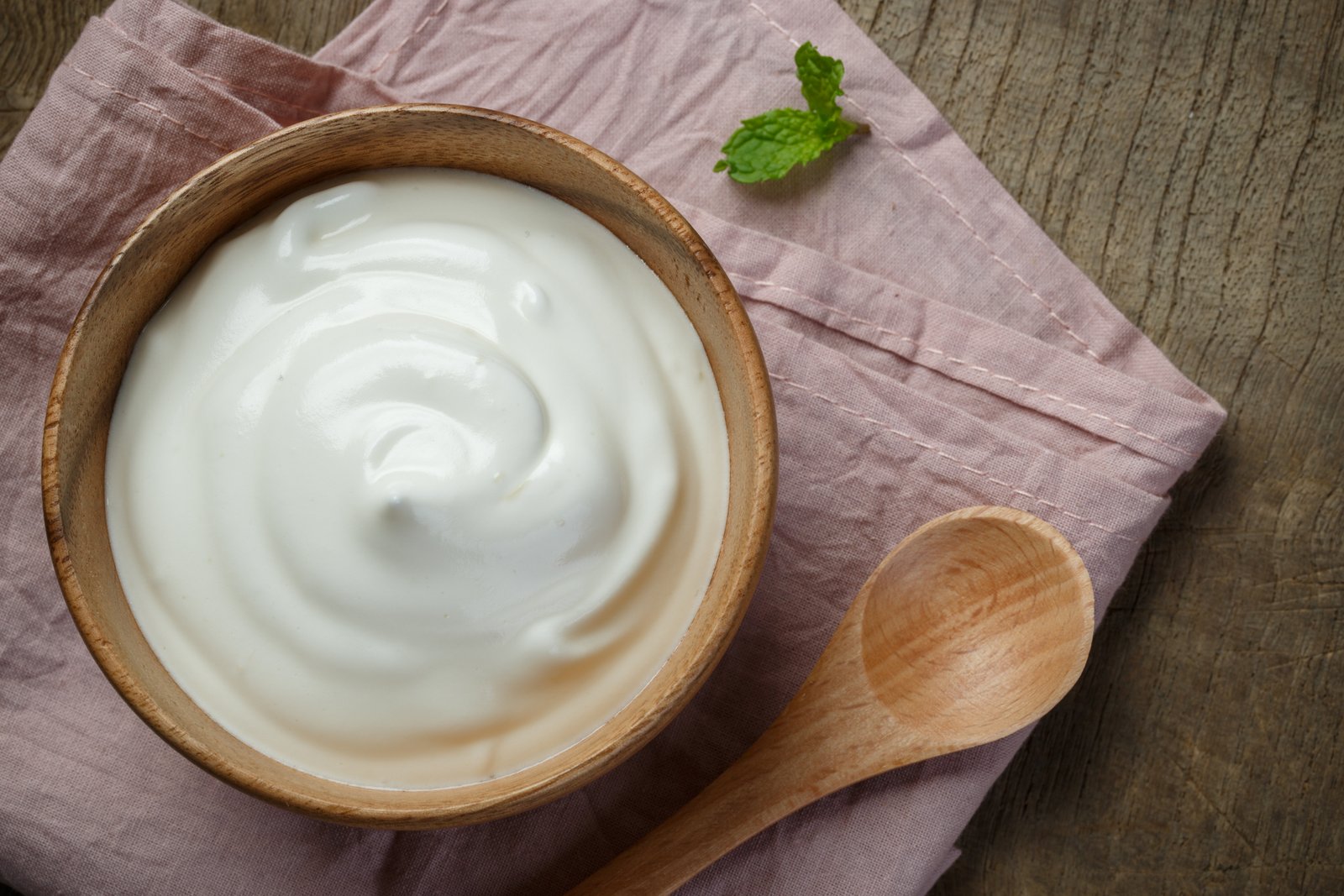
Yogurt, especially the plain, low-fat, or Greek kinds, can be best for you if you have diabetes. It’s got protein and probiotics that are good for your stomach. Greek yogurt has fewer carbs, which helps with blood sugar. But watch out for flavored yogurt because it’s often loaded with sugar. Go for plain yogurt and add your fresh fruits or a bit of honey for flavor.
12. Chicken
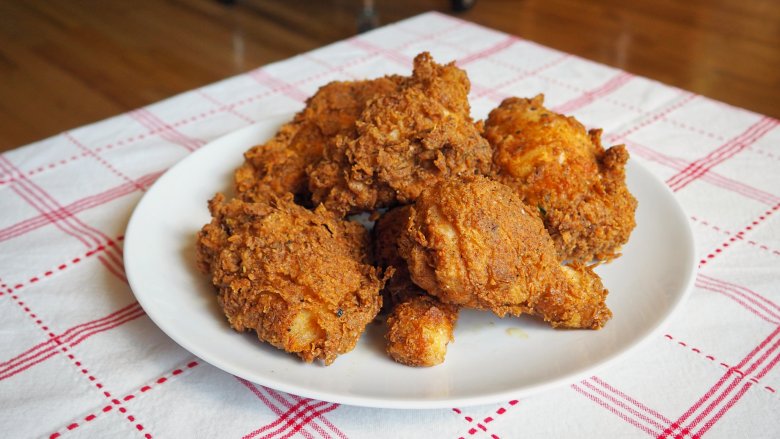
Chicken without the skin is a healthy choice if you have diabetes. It’s packed with protein that keeps your muscles strong and can help balance your blood sugar when you eat it with carbs. You can cook chicken by grilling or roasting it and use it in salads, stir-fries, or as the main dish.
Conclusion
Making smart food choices is important for people with diabetes to control their blood sugar levels and maintain overall health. Going for whole grains, lean proteins, lots of fruits and veggies, and healthy fats can help manage the condition.
Cutting down on sugar and paying attention to portion sizes are also important. It’s important to remember that there’s no one-size-fits-all approach to eating for diabetes. Creating personalized meal plans with the help of healthcare professionals. Eating regular meals and snacks at consistent times can help stabilize blood sugar.
With the right knowledge and support, people with diabetes can lead healthy and fulfilling lives while keeping their blood sugar levels in check.
Be sure to check out these other posts for more fascinating insights:

